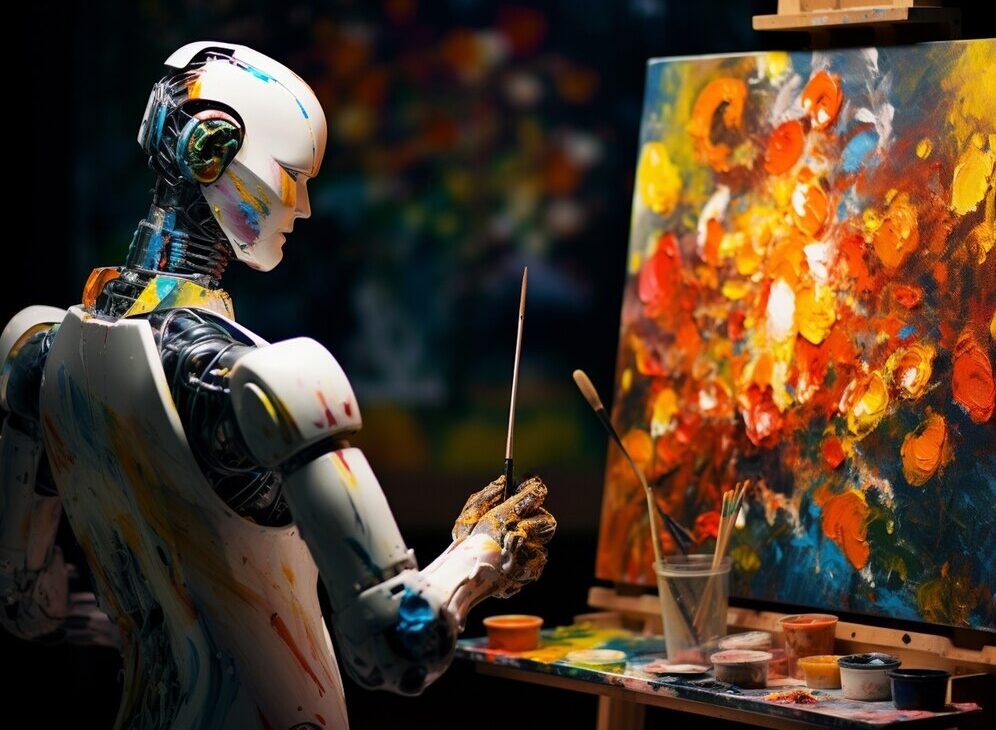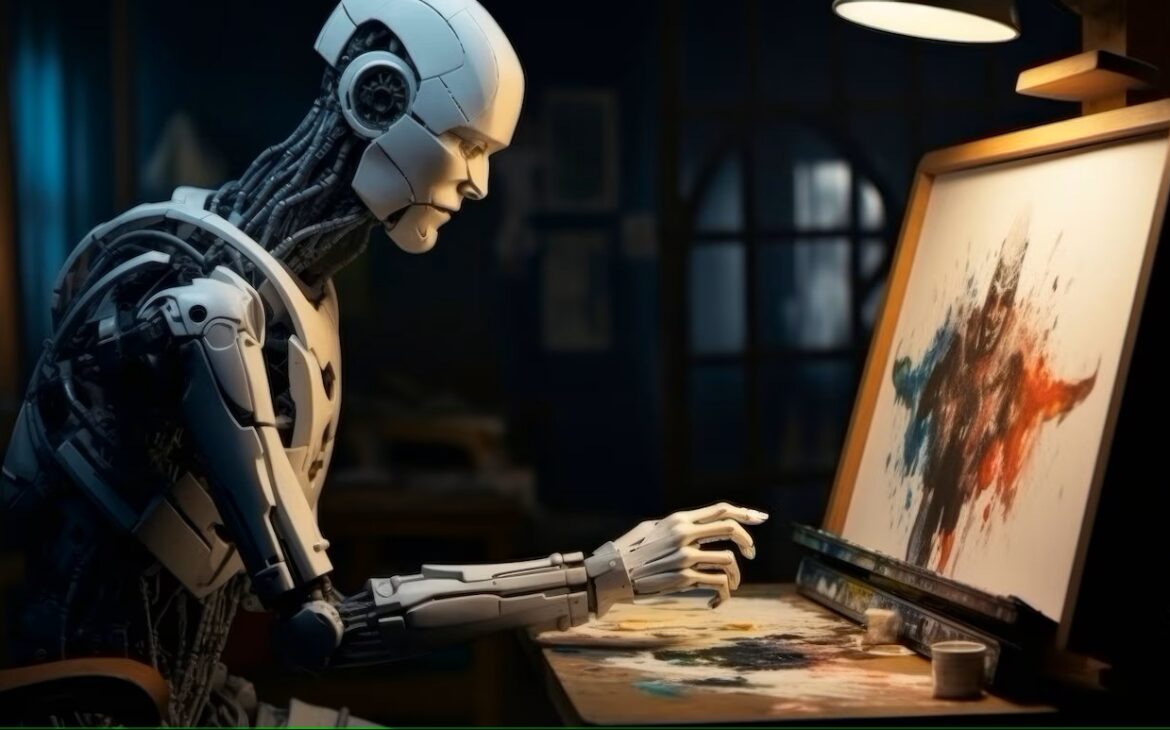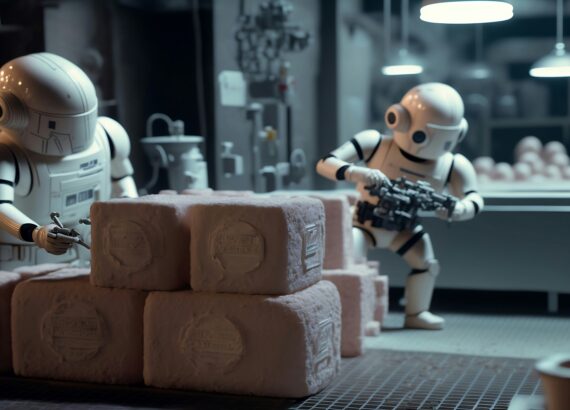It’s not every day that a tech CEO stares down the barrel of innovation and says, “We might be the next to fall.” But that’s exactly what Micha Kaufman, CEO of Fiverr, has done — and the shockwaves are being felt far beyond Silicon Valley. In a recent, brutally honest interview, Kaufman didn’t sugarcoat it. He didn’t frame AI as just another tool or a helpful assistant. Instead, he issued a chilling message: Artificial Intelligence isn’t here to complement us; it’s here to overtake us. And for millions of freelancers, gig workers, and independent creatives around the world, that warning has struck a nerve. Because Fiverr wasn’t just a platform — it was a promise. A promise that skill, creativity, and hustle could be enough to carve out a career on your own terms. But now, that very promise seems to be dissolving into lines of code and machine-generated content. So, let’s see what the scenario calls for!
The Shift We Didn’t Expect So Soon
For years, the freelance revolution felt like the answer to corporate monotony. People from all corners of the globe signed up, offered services, and began building digital empires from home. Whether it was designing logos in Nairobi, editing videos in Mumbai, or writing blogs from a small town in Ohio — Fiverr made it possible. But now, that same Fiverr is watching AI do those same jobs faster, cheaper, and, in many cases, shockingly well. Kaufman didn’t mince words when he admitted, “We’re seeing a reality where more and more clients are exploring AI as their first option.” And this isn’t just about experimentation anymore. It’s happening. Right now.

The Human Punch to the Gut
For freelancers, this feels personal. Many of them didn’t just build gigs — they built identities. The voiceover artist who spent years refining her vocal range now hears synthetic voices replicate her tone. The copywriter who prided himself on clever taglines is now watching an algorithm spit out slogans in seconds. It’s not just work that’s at risk. It’s passion. It’s dignity.
From Helper to Replacer
At first, we welcomed AI as a helpful intern. Let it handle the repetitive stuff, we said. Let it sort the spreadsheets, write the drafts, and suggest the edits. It would save us time, and we’d still be the decision-makers. But somewhere along the line, the intern got promoted. AI didn’t just stay in the background — it stepped up. Now, it’s creating, producing, and refining. Not always perfectly, but well enough for many clients to say: “Good enough.” And in a world obsessed with speed and cost-efficiency, “good enough” is often all it takes.
Kaufman’s Wake-Up Call
What makes Kaufman’s statement so powerful is the fact that it comes from inside the house. He’s not a panicked professor or an AI ethicist sounding alarms from the sidelines. He runs a company that directly benefits from freelance labour — the very kind that AI is replacing. He could’ve spun a story. He could’ve said Fiverr will always protect human creators. But instead, he looked at the data and told the truth. “AI is replacing jobs. This is not speculation anymore. This is the fact.” His voice was firm, not fearful. Real, not rehearsed. And sometimes, that’s what makes it even scarier. But within that fear is also a flicker of something else: direction. Because Kaufman didn’t say, “It’s over.” He said, essentially, “You have to evolve.”

Freelancers at a Crossroads
So now what? Do we give up? Do we all pack up our laptops and resign ourselves to irrelevance? Not quite. If AI is here to stay — and it is — then the challenge becomes reinvention not just of our skill sets but also of our entire approach to work. Freelancers are no longer just writers, editors, or illustrators. They must become strategists, curators, and collaborators — blending their human touch with the best tools technology can offer. A writer doesn’t just write anymore. They guide the AI — prompt it, shape its tone, and humanize its output. A designer doesn’t just draw. They train AI on their style, then add emotion and context that a machine can’t feel. A video editor becomes a storyteller who knows when to automate and when to lean into raw, human footage. This is the new frontier — the hybrid creator. And it’s those who adapt to that role who may not just survive but thrive.
Fiverr’s Paradox
Ironically, Fiverr itself is embracing AI tools, rolling out features that help freelancers create gigs, write descriptions, and even deliver work faster using built-in AI enhancements. But here’s the catch: those same features may also be training clients to expect less human involvement. It’s a double-edged sword. Fiverr wants to stay relevant, but it risks pushing out the very community that built its empire. It’s a strange moment when a platform has to evolve at the expense of its original value — personal, handcrafted services.

The Matter as a Bigger Picture
As freelancers fly to adapt, there’s a darker question dominating: What happens to those who can’t do this? As we know, not everyone has access to advanced AI and not everyone knows how to pivot. And let’s face it — not everyone wants to. Some people just want to draw, write, and design — without also becoming part programmer, part marketer, part prompt engineer. They loved their craft for its soul, not its SEO value. And if the market leaves them behind, we don’t just lose workers. We lose voices. We lose culture. We lose stories that machines could never tell because they were born of joy, struggle, and silence.
Conclusion
In conclusion, yes, Micha Kaufman’s message is a warning. But it’s also a mirror — showing us where we stand and how fast the world is changing. Of course, you must adapt to it! Hey, if you enjoyed reading, then follow Nextr Technology for more. We are the best web development agency in Delhi, innovating and executing just for you!
Thank you for reading
Buy Web Hosting at an affordable price: Buy Now.
If you want to build your website at an affordable price, contact www.nextr.in
Read this: Open AI Academy – An Opportunity to Avail AI Tools and Training


















